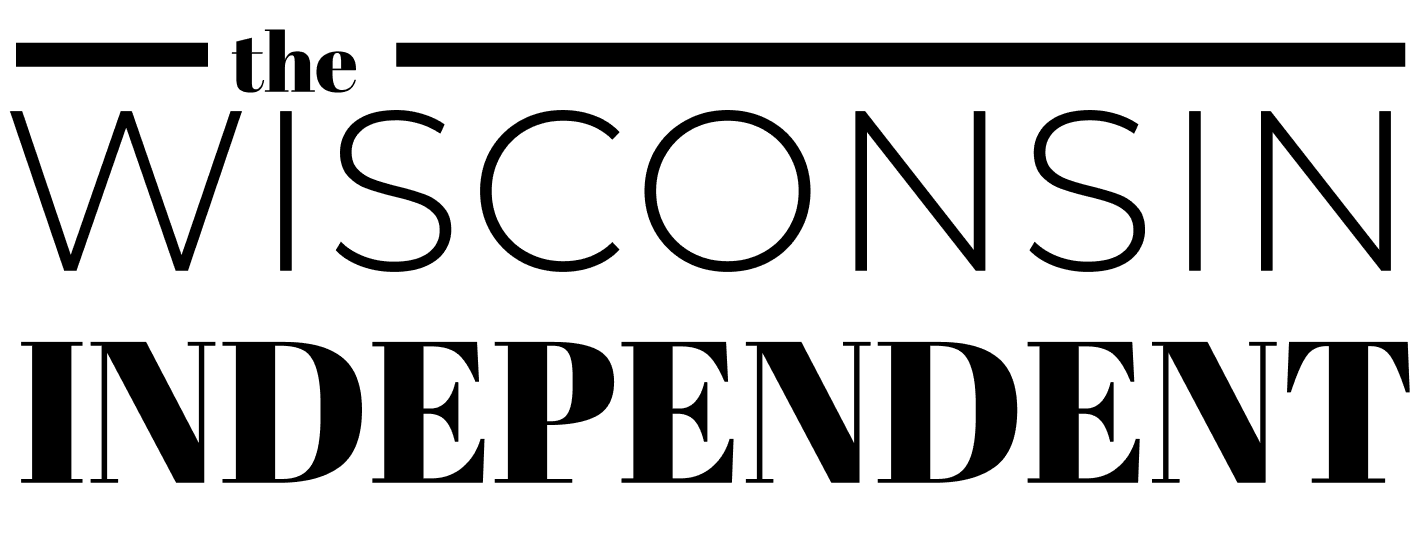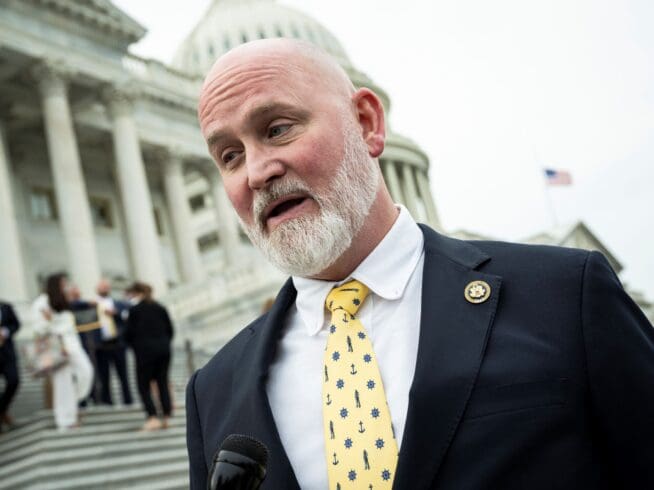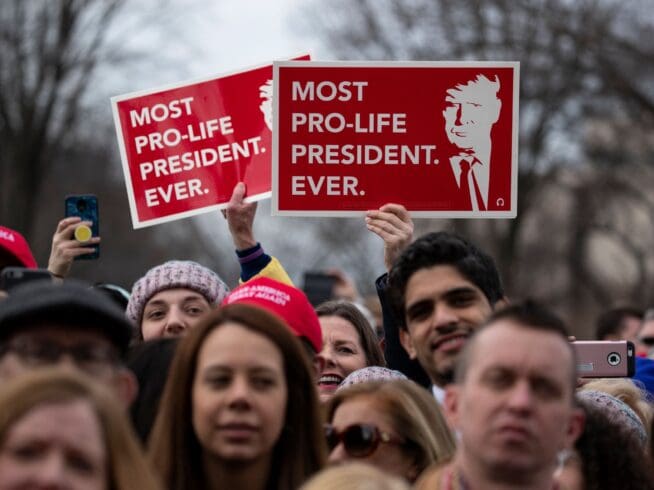Wisconsin’s abortion rights advocates have a plan for the state
‘The immediate goal is to have access restored,’ Planned Parenthood of Wisconsin’s director of legal advocacy and services said.

MILWAUKEE, WI — On Sept. 18, Planned Parenthood of Wisconsin resumed abortion care at two of its three clinics, one in Milwaukee and another in Madison.
“I think that abortion is health care, and I think health care is a right,” Dr. Allie Linton, the associate medical director for Planned Parenthood of Wisconsin, told the American Independent Foundation. “And so I think that if we’re talking about what rights somebody has as a person and what the right should be guaranteed by the Constitution, I think health care should be guaranteed.”
In the months following the U.S. Supreme Court’s decision in Dobbs v. Jackson Women’s Health Organization, which overturned Roe v. Wade, Wisconsin began enforcing a statute that makes it a felony for physicians to provide abortion care.
A week after the fall of Roe, Wisconsin Attorney General Josh Kaul and Gov. Tony Evers, both Democrats, filed a lawsuit challenging the 1849 abortion ban.
In July, Dane County Circuit Judge Diane Schlipper ruled that the lawsuit could proceed. In her ruling, Schlipper said that the 1849 law applies only to an attack on a pregnant person for the purpose of killing a fetus.
Schlipper’s ruling opened the door for Planned Parenthood to resume abortion care. Now the organization is looking at how to protect the procedure in the future.
Michelle Velasquez, Planned Parenthood of Wisconsin’s director of legal advocacy and services, told the American Independent Foundation that the organization is planning its next steps.
“We’ve always sort of seen reproductive rights and abortion access in kind of a three-pronged approach since the Dobbs decision,” Velasquez said.
Velasquez explains that the three prongs are restoring abortion care in the state, protecting access to abortion, and removing existing restrictions and expanding that access.
Although abortion care is now legal in Wisconsin until 21 weeks and six days of pregnancy, advanced care practitioners such as nurse practitioners and physician assistants cannot perform abortions or prescribe abortion medication. Abortion medications cannot be prescribed via telemedicine. Medicaid does not cover abortion in Wisconsin, and minors must have the consent of a parent or guardian.
The state also requires that all patients observe a 24-hour waiting period after seeing a physician, and a patient must see the same doctor for both required visits.
“What I am focusing on is staffing models and trying to figure out how we get the most access for patients as possible, acknowledging that we have experience working within these restrictions before, unfortunately, but realizing that 24-hour waiting periods very frequently become much longer than 24-hour waiting periods, so figuring out how we can get those day one and day two appointments as close as possible,” Linton says. “Several of our physicians are covering multiple sites, realizing that that sometimes can create an additional barrier if a patient happens to see me and I’m only in Milwaukee the next week, and they live in Madison. How do we work around that?”
On Oct. 4, the American Independent Foundation was invited to meet with a group of nine volunteers with the Madison Abortion & Reproductive Rights Coalition for Healthcare, also called MARRCH. The group gathered at a conference room in the Pinney Library in Madison for a hybrid in-person and online meeting.
MARRCH’s plan moving forward, now that Planned Parenthood has resumed abortion care, is to “focus on increasing accessibility and removing restrictions,” said Hanan Jabril. They added that their small grassroots organization battling for “free abortion on demand” must also stay flexible and recognize the uncertainty of the state’s legislative back-and-forth regarding abortion laws.
Iris Wendt said she hopes that in the future, the narrative around who abortion seekers are will change and that it will be accepted that abortion care is simply reproductive health care.
Caitlin Benedetto, MARRCH’s co-chair, said it’s important to remember that the majority of folks support the right to abortion in the state, although the rhetoric about abortion is that it’s two sides battling for equally popular positions. A Marquette Law School poll conducted in September 2022 found that 68% of Wisconsinites think abortion should be legal in all or most cases.
That fact has not stopped anti-abortion protesters from standing vigil daily in front of clinics in both Milwaukee and Madison. Across the street from the Madison clinic is a crisis pregnancy center, a facility intended to dissuade pregnant people from seeking abortion care and even contraception.
Groups of anti-abortion protesters have been out in full force for the annual so-called 40 Days for Life anti-abortion campaign, taking place this year from Sept. 27 to Nov. 5, praying for the end of abortion. They hold signs that say “Abortion hurts women” and hand out pamphlets to patients. “Abortion is the destruction of our democracy,” one supporter told the American Independent Foundation.
The future of abortion care in Wisconsin could be decided in a number of ways.
Voters could decide on a constitutional amendment through a ballot initiative, but that is not in the works at the moment. The Republican-led Legislature could pass a law codifying the right to abortion care — but that’s highly unlikely. Or the state Supreme Court could rule in a lawsuit that the right to an abortion is already protected in the Wisconsin Constitution.
The number of patients being seen at Planned Parenthood’s Madison and Milwaukee clinics is nearing what it was before the fall of Roe, according to Linton.
“I think what’s scary for me is trying to figure out where these patients were going for the last 449 days,” Linton says. “We know that those who have access and the support and the ability to be able to travel, that they were able to. But we also know that a lot of patients weren’t able to. And so I’m both very thankful to be seeing the patients now, but it also is sort of overwhelming to think about what was happening before.”
Published with permission of The American Independent Foundation.




